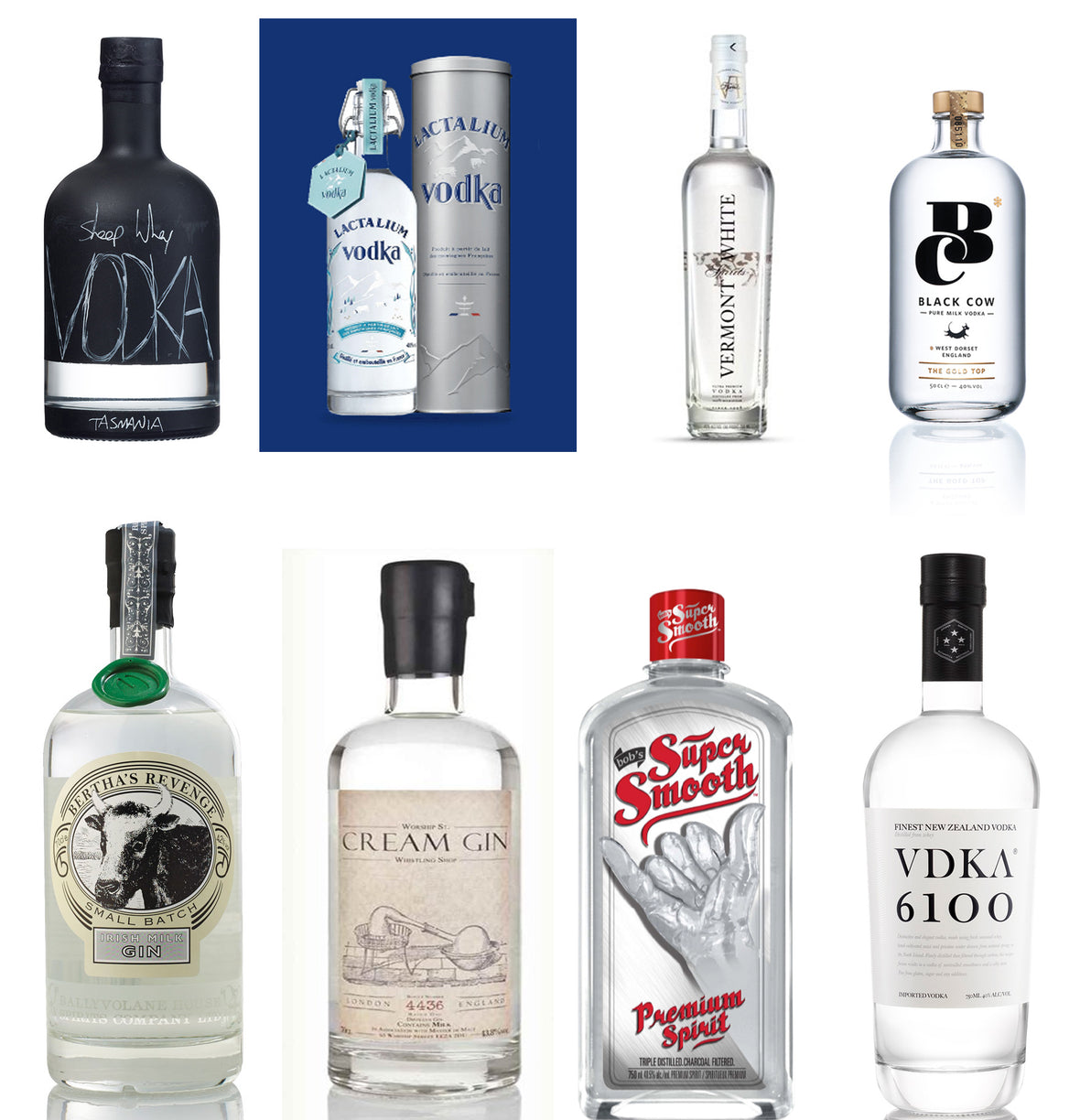
How to Make a Whey Wash the easy Way with HB "Whey Pure"
Dermott Dowling
The dairy industry produces large amounts of whey as a by- or co-product, which has led to considerable environmental problems due to its high organic matter content. Did you know that it takes around 10 Litres of Milk to make 1Kg of Cheese and that about 90% of the volume used for cheese production is converted to whey.
Due to the high volume of whey produced, about 60 to 90% w/w of the raw material is converted to whey, and the high sugar content, up to 70% of initial sugars is conserved in the by-product, this process is notorious for its polluting capacity; therefore, cheese whey is an interesting substrate for the fermentation process (Irkin, 2019; Lopes et al., 2019). Due to the high biological oxygen demand (BOD) of cheese whey caused by the high concentration of lactose, this by-product becomes a major environmental problem of dairy industry, and can be 100 times more polluting than domestic sewage.
Most industries have been using cheese whey, and turning it into whey powder, whey protein concentrates, lactose, and mixed beverage such as fermented milk added of cheese whey. Another option is the use of fermentative processes to obtain value-added products, such as alcohols (ethanol and butanol), among others (Mollea et al., 2013; Dragone et al., 2009). In these products, the concentrated cheese whey is more frequently used due to its high nutrients and lactose content, which, in the case of fermentation, helps the microbial growth.
There is a new Wheyve of Craft Distillers who are taking this common waste stream from Cheesemaking (Whey) and turning it into delcious Gins and Vodkas and Craft Spirits like Wheyskey. Not only are they doing a good thing by the environment but they are picking up a tonne of awards and recognition from their peers along the way at world renown spirits competitions.
Here we are going to share how to make Whey Wash the easy way with Whey Pure Yeast and Nutrient all in one production solution. Make friends with your local cheesemaker and find a Whey to turn Waste into a delcious Distilled Spirit with Whey Pure Yeast and Nutrient.
How to make 1000L of Whey wash using the “Whey Pure” product combination.
- For fermentations using straight Whey and whey permeate targeting ABVs around 6% v/v: add 1.5kg of Whey Pure N3 to cooled whey permeate ≤32°C. DO NOT BOIL THIS NUTRIENT. Dissolve, mix then add the rehydrated Whey Pure Y3 Yeast. Ferment at 30-32°C (Temperature controlled with cooling).
- a. Note: No addition of Lactase Enzyme is needed.
- Take gravity readings every 24 hours to monitor the fermentation.
- For optimal results Distil using a copper pot still or a still with plenty of copper contact with the vapour phase.
- For other % ABVs using whey permeate plus added sugar see dosage table below.
Dosage Rate Table for Different % ABVs:
% ABV |
Y3 Whey Pure Yeast Dosage |
N3 Whey Pure Nutrient Dosage |
Expected Fermentation Times |
| 6% | 1 g / L | 1.5 g / L | 24 Hours |
| 8% | 1 g / L | 2.0 g / L | 24 - 36 Hours |
| 10% | 1 g / L | 2.5 g / L | 36 - 48 Hours |
| 12% | 1 g / L | 3.0 g / L | 60 - 72 Hours |
Disclaimer: The information presented is provided as a guide and is based on our research and commercial testing. Prior to any formulation change we recommend small scale testing. Nothing contained herein is representative of a warranty or guarantee for which the manufacturer can be held legally responsible.
Rehydration of Y3 Whey Pure Yeast:
In a clean container or bucket, Sprinkle yeast on 10 times its own weight in water heated to 35oC. Leave to soak for 20 mins, then stir until the yeast is fully dissolved. Add immediately to the fermenter.
Technical Support:
Tel: +61 490 501 392
Email: Service@BeerCo.com.au
Further Reading on the Whey of the Future:
Lopes et al, (2019) Fermented Beverages Vol 5 The Science of Beverages pp: 577-603
Whey of the future: taking a close look at Australian artisan cheese SBS.com.au (2016)
A New Wheyve of Milk-Based Gin and Vodka Hits the Market Alcademics.com (April, 2017)
Bertha's Revenge | Irish Milk Gin
Zadona et al (2021) "Whey Utilization: Sustainable Uses and Environmental Approach" Food Technology & Biotechnology Jun; 59(2): 147–161.
Zavatto, Amy (2018) "Making a Case for Whey-Based Spirits" SevenFiftyDaily.com
